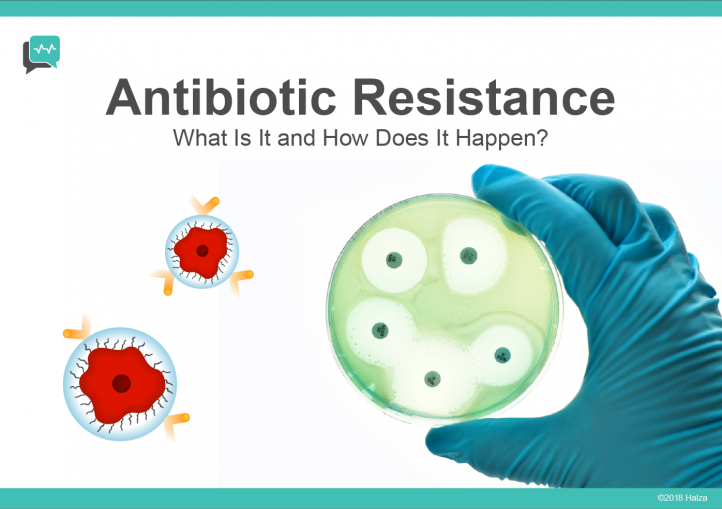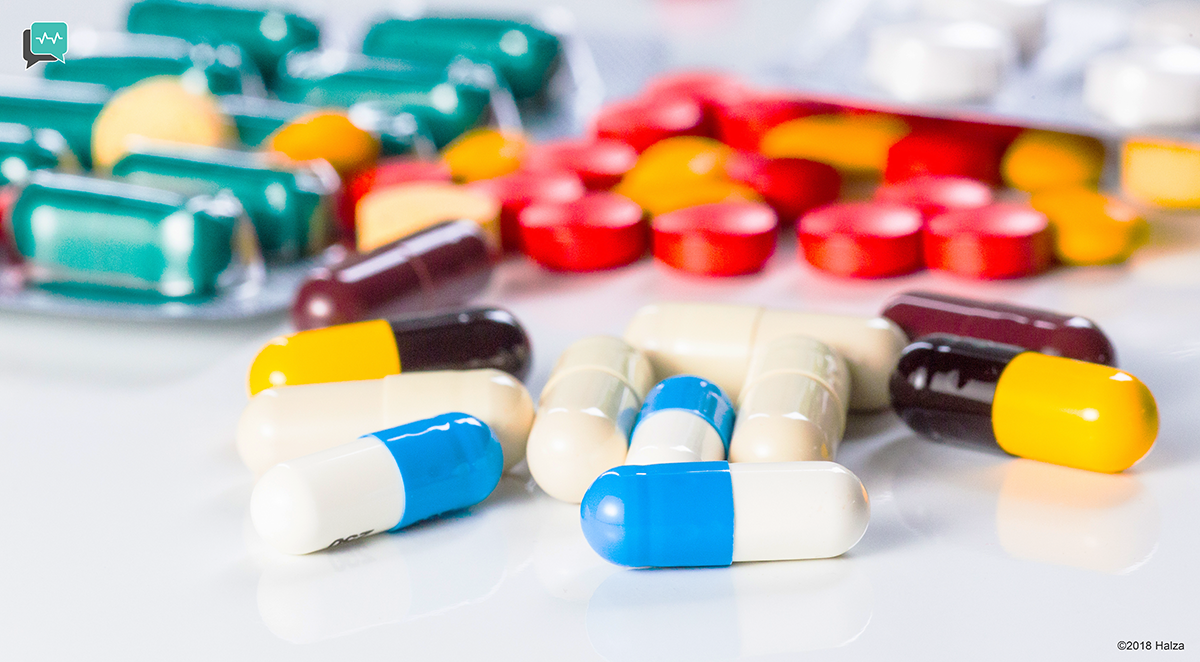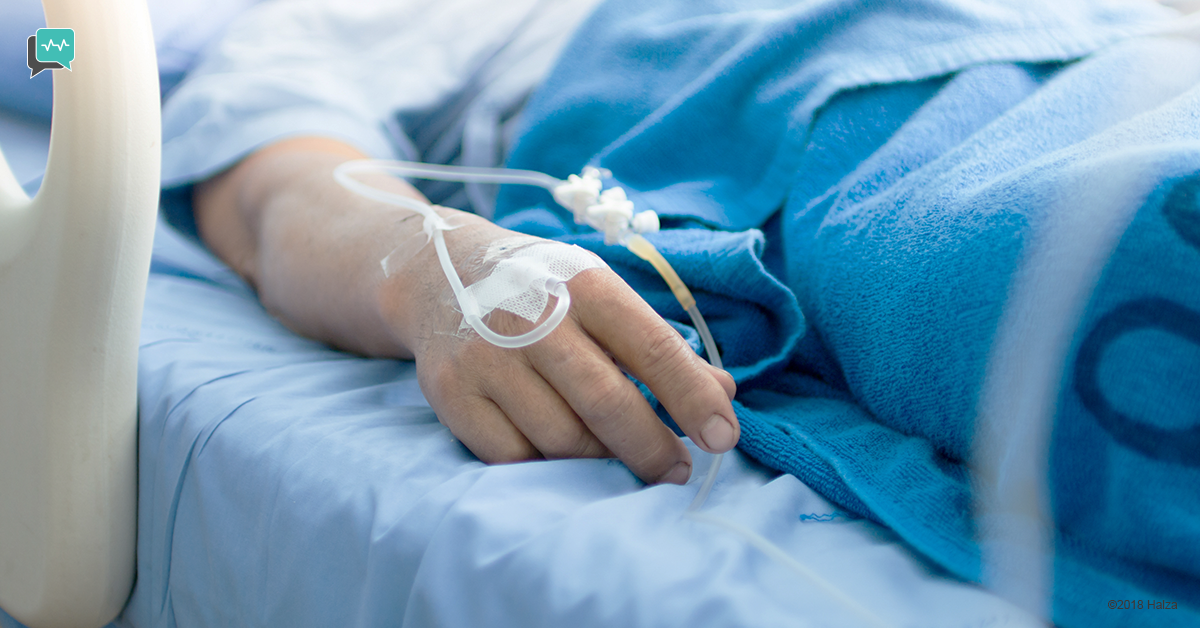Antibiotic Resistance – What Is It and How Does It Happen?

A growing crisis worldwide, antibiotic resistance can affect anyone, no matter how old they are or where they live. People are taking more and more antibiotics every year. In fact, between 2000 to 2010, the consumption of antibiotics increased globally from 50 billion to 70 billion standard units.
This resistance to important drugs threatens our global health, food safety, and overall development. Although there are ways that antibiotic resistance can happen naturally, the misuse of antibiotics in humans and animals is speeding up the process. But what can be done about it? Read on to learn more about antibiotics and its effects on people, animals, and the food chain.
What are antibiotics?

Antibiotics are also known as antibacterials or antimicrobials. They are medications that destroy or slow down the growth of bacteria. Antibiotics are prescribed to treat infections caused by bacteria, and not viruses, like the flu.
How do they work?
The body’s immune system is typically the first line of defense against bacteria, which are micro-organisms also known as germs, killing the bacteria before they multiply and cause symptoms. White blood cells that make up the immune system attack harmful bacteria, fighting off infections even if symptoms do occur. However, sometimes the immune system on its own is not strong enough and this is where antibiotics come in.
Antibiotic resistance occurs when bacteria survive and grow despite the presence of a drug meant to kill or prevent bacteria growth.
Inappropriately using antibiotics increases the chances of becoming drug resistant. Overuse, underuse and misuse of medicines contribute to antibiotic resistance. Patients need to be properly educated by healthcare professionals on the necessity of taking the correct dosage of the right medicine for the proper duration.
Why is it so important to finish a course of antibiotics?

When your doctor prescribes a course of antibiotics to be completed in a certain length of time, be sure to finish it all, even if you start to feel better. Antibiotics tend to work fairly quickly, which is why you might feel better but don’t stop taking the medication as the infection might not have been fully eradicated.
How does resistance occur?
Antibiotic resistance is a natural evolutionary phenomenon that occurs when bacteria react to the presence of antibiotics. Bacteria, not humans, become antibiotic-resistant. When exposed to the antibiotics, the weaker organisms in the bacteria die off, leaving only the resistant organisms behind. Resistance to the antibiotics can even be passed down to their offspring, and continue to infect humans, making infections harder than non-resistant bacteria to treat.
When insufficient antibiotics are taken, not all the bacteria from the virus are killed off, leaving room for them to grow and become resistant. Conversely, when a surplus of antibiotics is taken, bacteria can also become resistant as antibiotics targets both good and bad bacteria. Killing off the good bacteria lowers the defense against the bad bacteria, making them stronger and eventually, antibiotic-resistant.
Effects of antibiotic resistance

Being infected with resistant bacteria can cause severe illness. People with these infections:
- May require increased recovery time
- Tend to incur increased medical expenses
- May even die from the infection
Why are animals full of antibiotics?
Antibiotics are used to protect animals raised for human consumption against disease outbreaks and to enhance their growth. Often, antibiotics are introduced to the animals through their food and water supplies. This results in an inaccurate dosage, and any excess from unconsumed food and water flows into fields or waterways, tainting the natural environment.
The sheer volume at which antibiotics is used in livestock contributes to the development of antibiotic-resistant bacteria. In fact, in some countries, the amount of antibiotics used in animals is 4 times more than the amount used in humans. Many of these countries use antibiotics to enhance the growth of their livestock, not to treat sick animals.
Resistant bacteria find their way to humans either through direct contact with the animals, or non-directly via the food chain and the environment. Our food supply risks getting contaminated by resistant bacteria during the slaughtering and processing of livestock, at the farm where fruits and vegetables are grown, or simply through cross-contamination.
How to minimize your risk of illness

Although it’s almost impossible to completely avoid antibiotic-resistant bacteria in animal products, there are ways to greatly minimize your risk of exposure.
- Practice good food hygiene: Always wash your hands when handling food, use separate cutting boards for different foods and wash all utensils thoroughly with soap.
- Make sure food is cooked properly: Cooking meat to the correct temperature kills harmful bacteria. The internal temperature of pork and fish should be 145°C (293 °F), 160°C (320°F) for ground meat and 165°C (329°F) for poultry

- Buy antibiotic-free foods: If you can, look out for organic products that have been raised antibiotic-free.
- Limit antibiotic intake: Annually, each person should be limited to less than 9 doses of antibiotics to prevent the rise of untreatable superbugs.
How Halza can help
In the US, antibiotic resistance causes more than 23,000 deaths a year. As many as 25,000 deaths a year occur over in the EU. Protect yourself early by taking a blood test to determine if you are resistant to any antibiotics. The Halza mobile app lets you safely store your test results for your convenience. If you are resistant to specific antibiotics, the app’s QuickShare function also allows you to securely share this information with any doctor – especially in an emergency. Recover faster and keep your medical costs in check as better-informed doctors provide better treatment and prescribe more effective medication.

 Download Halza today!
Download Halza today!
Sources: Medical News Today – WHO, 2 – MedicineNet – CDC – NCBI – The Guardian – Healthline